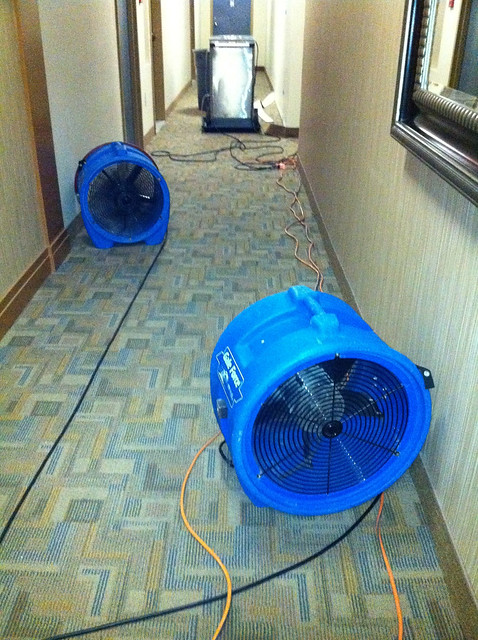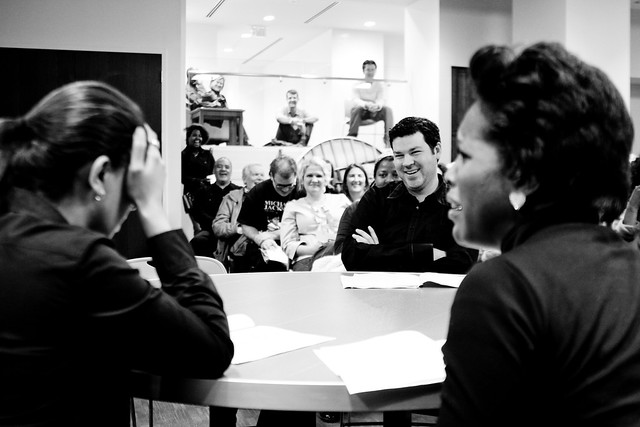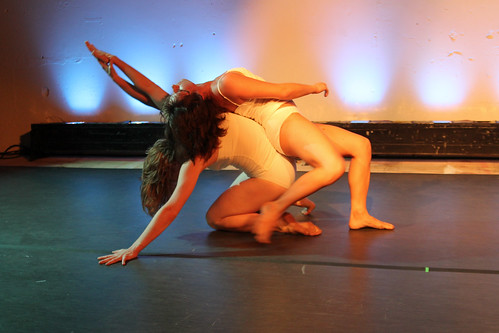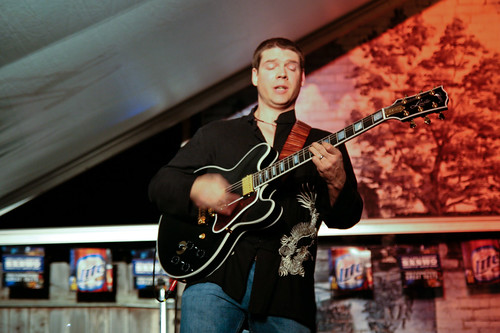
Recently, I was interviewed by a reporter from U.S. News and World Report for an article on mini-retirements. What’s a mini-retirement? It’s like a sabbatical, taking time off to pursue other interests.
The reporter found me from a post I had written about the subject, in which I discussed how I had taken time off to pursue my creative interests, including writing screenplays and a novel.
People are fascinated by the concept of mini-retirements – it’s one of the most popular search terms leading to my site. Everyone has the dream to escape office life, at least for a little while.
For those contemplating a mini-retirement, here’s my advice:
1. Have a purpose. Travel the world, learn a language, pick up a new skill, write a book, volunteer for a worthy cause – do something that matters with your time off. Time without purpose is meaningless. Invest your time in something that matters to you and the world. When you’re done, you want to have something to show for the experience, an accomplishment that you can point to.
2. Have a schedule. What are you going to do on your first day off? And the day after that? A schedule doesn’t have to be written in stone but you should have a general idea of how you will spend your time. For example, when I wrote Murder in Ocean Hall, I worked 9-5, mimicking the schedule that I was used to, though with many more breaks, including an afternoon nap 🙂
3. Have an end date. So, you want to retire for a bit from the workforce to pursue your own goals. How long will this take you? When do you plan on finding a job again?
4. Prepare for the worst. Keep your health insurance. Save up twice as much money as you think you will need. Have a Plan B and C in case things don’t work out. Once you’re done with your mini-retirement, finding a job may take much longer than anticipated. Your assumptions may prove wrong so it’s best to have a wide safety net.
5. Be willing to live with the consequences. Dropping out of the workforce may hurt your career, will certainly harm your finances, may lead to family stress, might cause your friends to question your sanity. You could end up broke or close to it. Are you willing to accept this as the possible consequences of your decision? Imagine the worst-case scenario. Is this something you’re willing to risk?
By developing new skills and pursuing personal goals, mini-retirements can lead to new opportunities opening up, in careers and fields you had never considered before. But it’s important to plan thoroughly before making the leap into the unknown.









